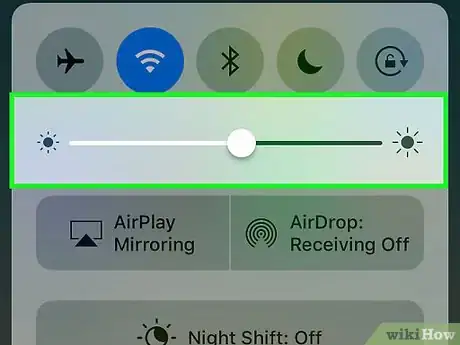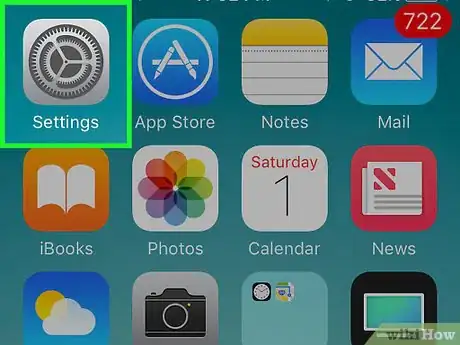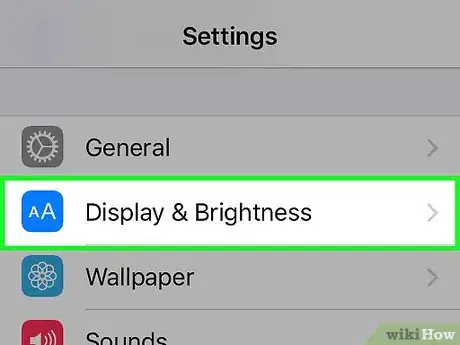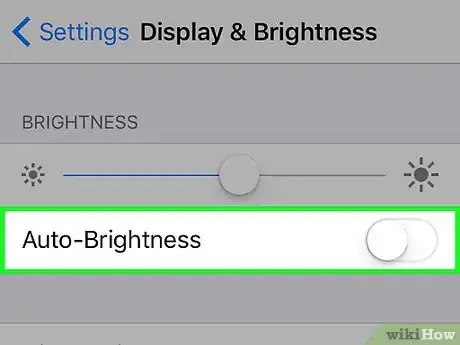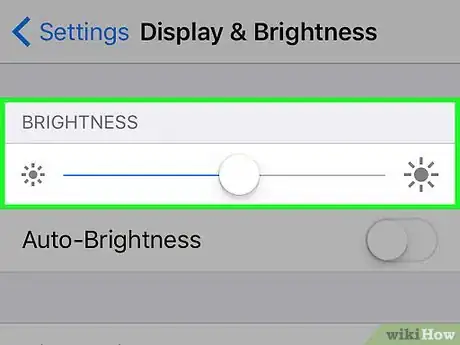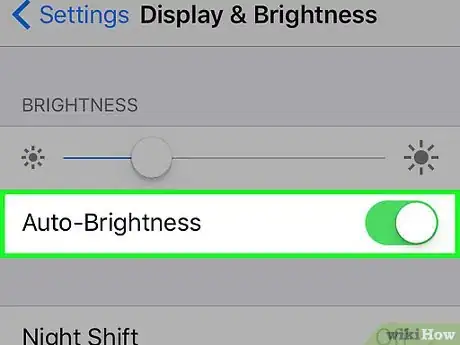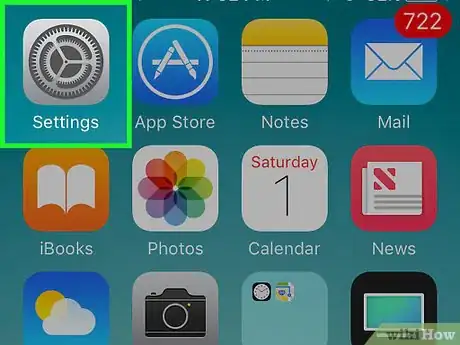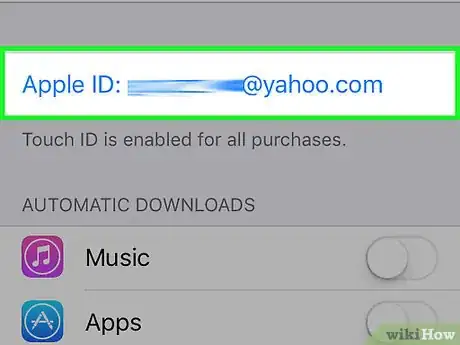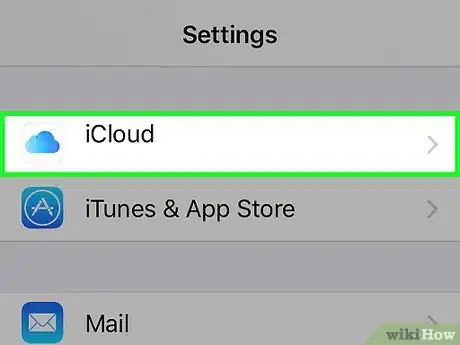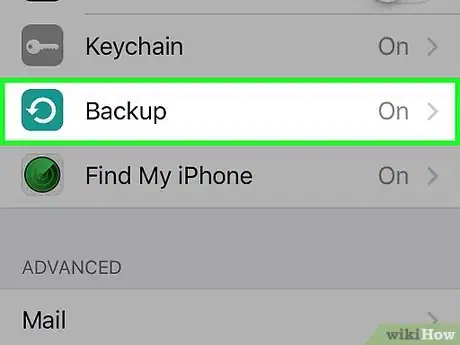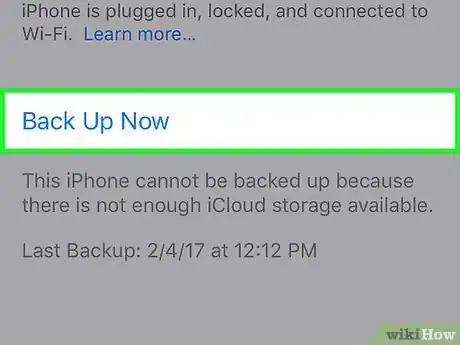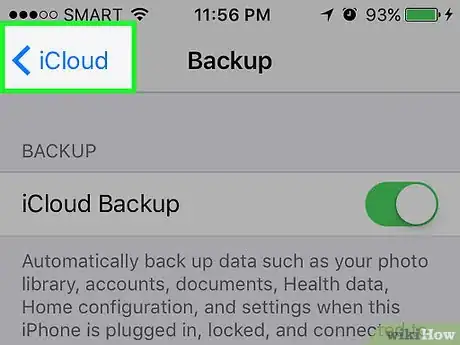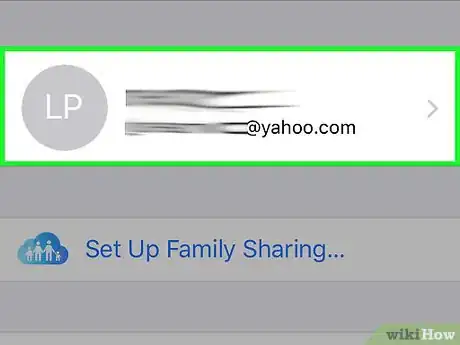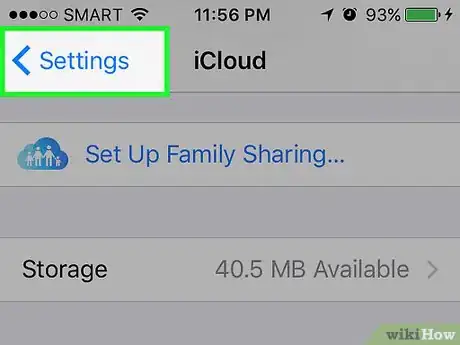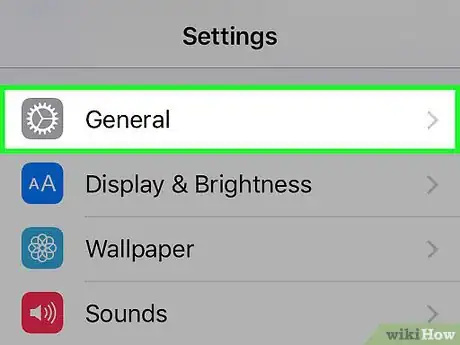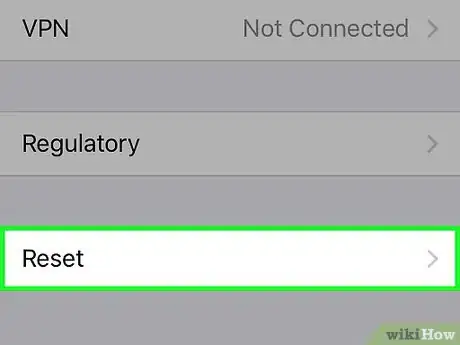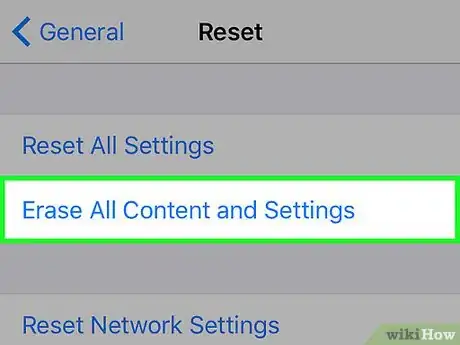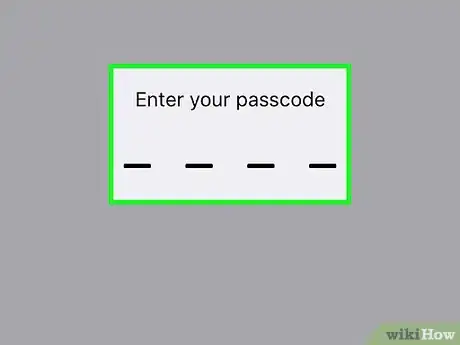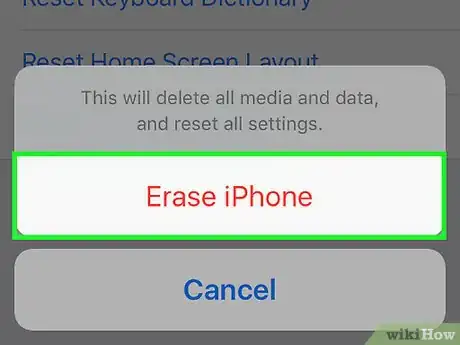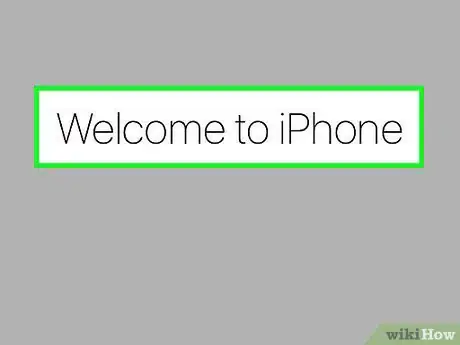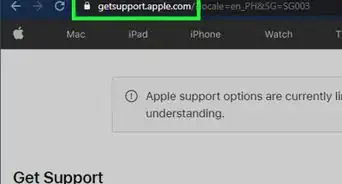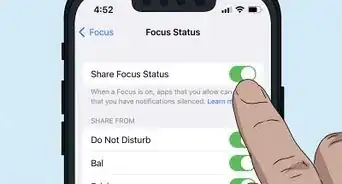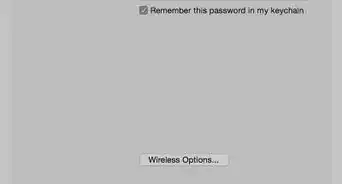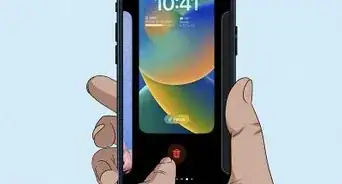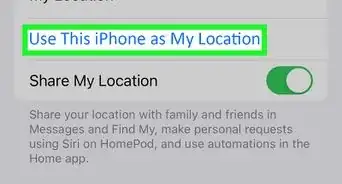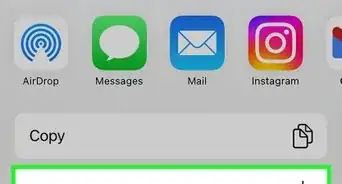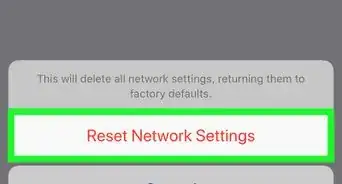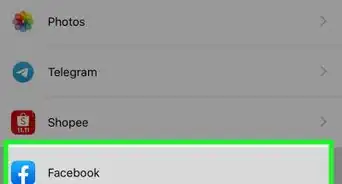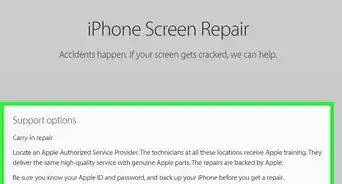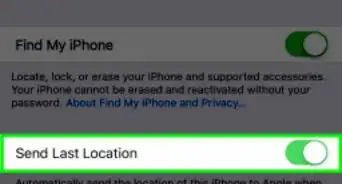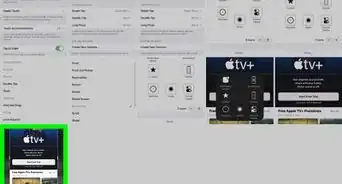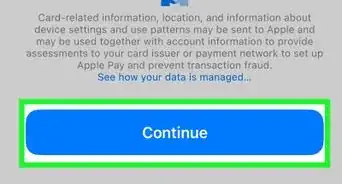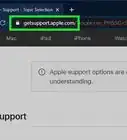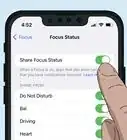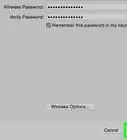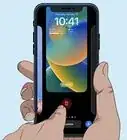This article was co-authored by wikiHow Staff. Our trained team of editors and researchers validate articles for accuracy and comprehensiveness. wikiHow's Content Management Team carefully monitors the work from our editorial staff to ensure that each article is backed by trusted research and meets our high quality standards.
The wikiHow Tech Team also followed the article's instructions and verified that they work.
This article has been viewed 157,705 times.
Learn more...
This wikiHow teaches you how to calibrate your iPhone's screen or, if needed, restore the phone to factory settings if the screen becomes less responsive or exhibits other issues like freezing.
Steps
Calibrating Brightness
-
1Move to a dimly-lit room. The Auto-Brightness sensor must be calibrated in a room with minimal light. Turn off the lights and/or ensure that the room is dark.
-
2Open Settings. It's a gray app with gears (⚙️) that's typically located on your home screen.Advertisement
-
3Scroll down and tap Display & Brightness. It's in the same section as the "General" menu.
-
4Slide "Auto-Brightness" to the "Off" position. It's the first section under the "BRIGHTNESS" menu and will turn white.
-
5Slide the "BRIGHTNESS" bar to the left. Place your finger on the slider and drag it as far to the left as possible to reduce the screen to its minimum brightness level.
-
6Slide "Auto-Brightness" to the "On" position. It will turn green. The screen display will become brighter. The "BRIGHTNESS" bar will automatically move towards the right side,[1] which calibrates the Auto-Brightness sensor to perform optimally.
Resetting Your iPhone
-
1Open Settings. It's a gray app with gears (⚙️) that's typically located on your home screen.
- If your screen is not functioning properly, such as not registering inputs or showing incorrect inputs, restoring the iPhone may get it working again. You should not lose any data using this method.
-
2Tap your Apple ID. It's the section at the top of the menu that contains your name and image if you've added one.
- If you are not signed in, tap Sign in to your iPhone, enter your Apple ID and password, then tap Sign In.
- If you are running an older version of iOS, you may not need to do this step.
-
3Tap iCloud. It's in the second section of the menu.
-
4Scroll down and tap iCloud Backup. It's at the bottom of the "APPS USING ICLOUD" section.
- Slide iCloud Backup to the "On" (green) position, if it's not already.
-
5Tap Back Up Now. It's at the bottom of the screen. Wait until the backup is complete.
- You must be connected to a Wi-Fi network to back up your iPhone.
-
6Tap iCloud. It's in the upper-left corner of the screen. This will take you back to the iCloud settings page.
-
7Tap Apple ID. It's in the upper-left corner of the screen. This will return you to the Apple ID settings page.
- If you are running an older version of iOS, you may not need to do this step.
-
8Tap Settings. It's in the upper-left corner of the screen. This will take you back to the main Settings menu.
-
9Scroll down and tap General. It's near the top of the menu, next to a gear (⚙️) icon.
-
10Scroll down and tap Reset. It's at the bottom of the menu.
-
11Tap Erase All Content and Settings. It's near the top of the menu.
-
12Enter your passcode. Enter the passcode you use to unlock your phone.
- If prompted, enter your "Restrictions" passcode.
-
13Tap Erase iPhone. Doing so will reset all settings, as well as erase the media and data on your iPhone.
- Your phone will show “Swipe to set up” after it’s done deleting your content, as it did when it was first purchased.
-
14Follow the on-screen prompts to set up your iPhone. Your iPhone will be in same configuration that it was when it left the factory, so you will need to set it up as if it were new.
- During setup, you will be asked if you want to restore your phone from an iCloud backup. If you want to add all your media, data, and apps back onto your phone, agree to restore from the backup.
Community Q&A
-
QuestionWhat can I erase if there is not enough space to back up my iPhone?
 Community AnswerYou can erase anything that is not important to you. This could include unused apps, old text messages, emails and more. You can also move your pictures and videos from your iPhone to your computer to free up space.
Community AnswerYou can erase anything that is not important to you. This could include unused apps, old text messages, emails and more. You can also move your pictures and videos from your iPhone to your computer to free up space.
References
About This Article
1. Go to a dim room.
2. Open Settings.
3. Tap Display & Brightness.
4. Disable "Auto-Brightness."
5. Slide the "Brightness" bar all the way left.
6. Re-enable "Auto-Brightness."
